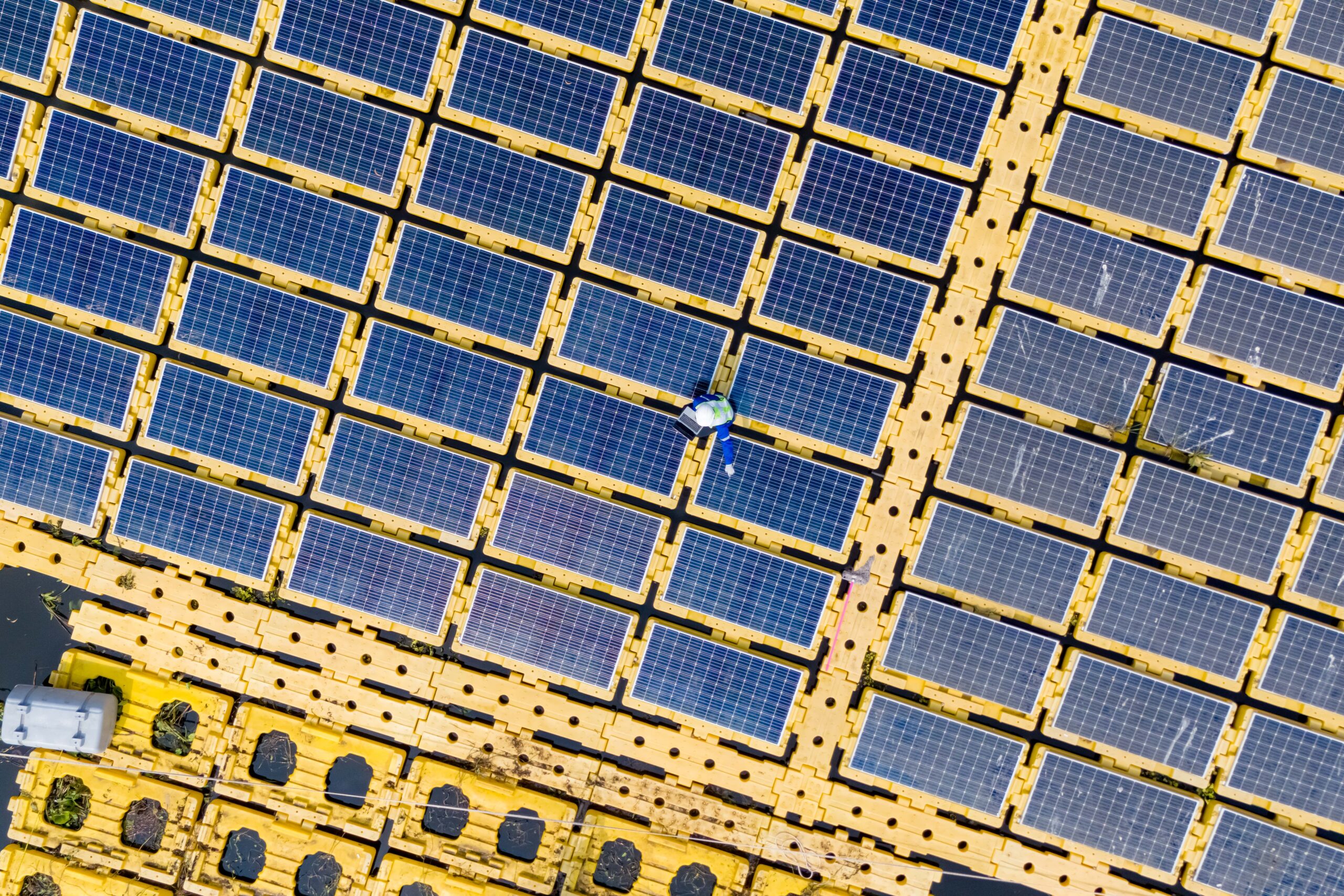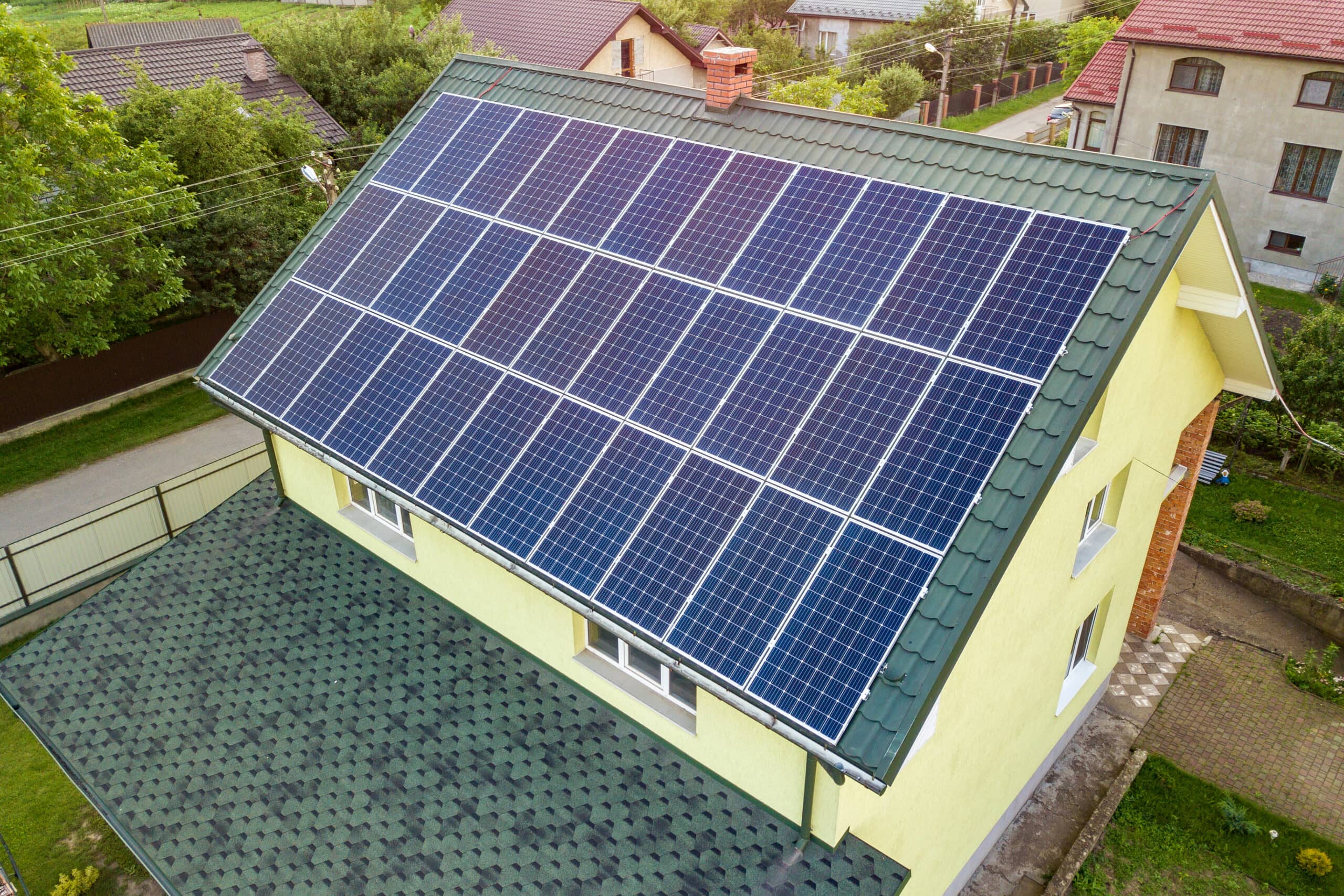Are you looking for a way to make the most of Canada’s sunny days? Investing in solar energy is an excellent solution to reduce your environmental impact and save you money on utilities.
As part of efforts to encourage residents to take advantage of local renewable resources, provinces in Canada have implemented several financial incentives in the form of rebates and other programs. So now, more than ever, it’s possible for homeowners to benefit from investing in solar energy.
In this blog post, we’ll explore how you can unlock the sunshine and reap sustainability and cost savings with some of these great rebate options at home!
Regarding investing in solar energy in Canada, there are several financial incentives based on various provinces that can make the process easier and more affordable. From rebates to special programs, the region offers a range of options for homeowners looking to reduce their environmental impact while saving money on their electricity bills.
Efficiency In Canada
Homeowners in Canada have access to a rebate program that allows them to recoup a portion of the cost of solar panel installation. Canada has seen a crazy increase in solar adoption since the government introduced this program. Many of our clients are currently taking advantage of the Canada Greener Homes Grant rebate program.
The Canada Greener Homes Grant is administered by Natural Resources Canada (NRCan); it provides a rebate of $1.00 /watt of solar panel capacity installed to purchase a solar voltaic system up to $5,000. You’ll need to register with the Greener Homes Initiative to be eligible.
Greener Homes Incentive
The initiative to promote energy-efficient homes, known as the “Greener Homes Program,” presents a chance for property owners to improve the living conditions within their homes while also cutting costs. Additionally, by participating in this program, homeowners can receive financial assistance from the government as a reward for supporting Canada’s aim to reach net-zero emissions. The program offers grants of up to $5,000 in Nova Scotia, Manitoba, Newfoundland and Labrador, and New Brunswick; $10,000 in Ontario; Prince Edward Island; $40,000 in Quebec; and $30,000 in Nunavut for those who install solar systems, either on their roofs or as ground-mounted systems. The Canadian government has allotted 700,000 grants, each with a maximum value of $5,000, to aid homeowners in making cost-effective decisions and lower the financial burden of transitioning to solar energy.
PACE (Property Assessed Clean Energy)
Residents of Halifax, Amherst, Bridgewater, Colchester, and certain other municipalities in Nova Scotia have access to an innovative solar financing program called PACE. This “Property Assessed Clean Energy” program allows homeowners to pay for their solar installations with a loan that requires no down payment, has a long repayment term, and has a low-interest rate.
This program is easy to repay, as the PACE surcharge is added to the homeowner’s property tax bill. Thanks to the province’s generous renewable energy rebate, low cost of solar panel installation, and favorable natural conditions for solar energy, Nova Scotia is one of the most attractive locations in Canada for switching to solar power.
What’s coming up
New incentives are constantly popping up to help homeowners and commercial organizations adopt solar power. If you’re reading this article, contact us to see if you’re eligible for anything new.
By taking advantage of these financial incentives available in Canada, homeowners can unlock significant savings while reducing their environmental impact by investing in solar energy. With so many options available for those interested in investing in solar power, homeowners need to explore all the possibilities before moving forward with an installation project. Understanding the types of systems available is critical when determining which option makes sense for your home, whether you’re looking for grid-tied or off-grid solutions, as well as calculating the payback period associated with each system and understanding what financial incentives are available so you can maximize your savings over time.






